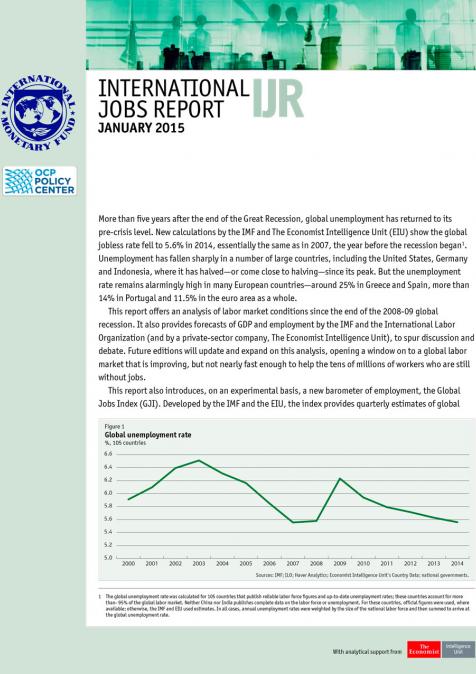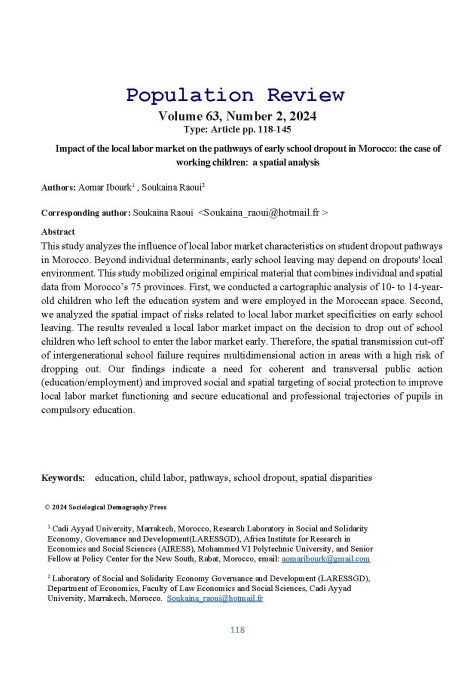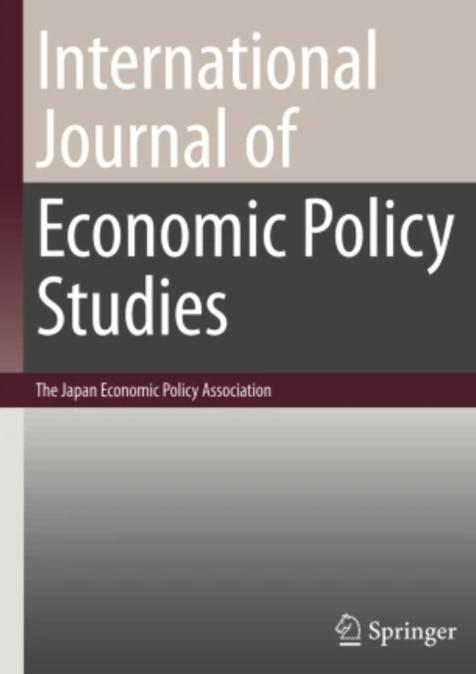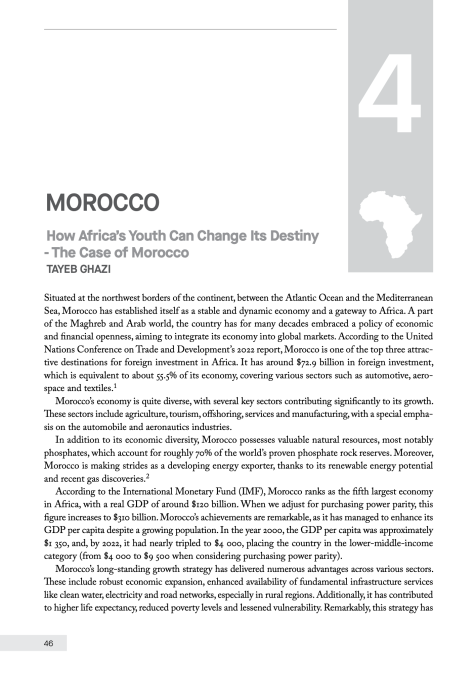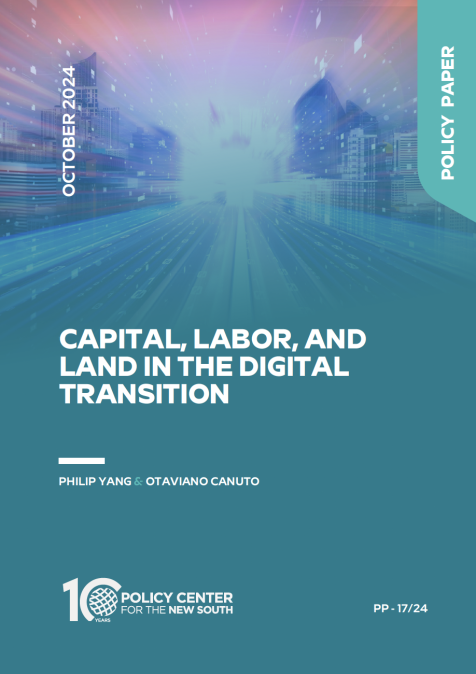Publications /
Book / Report
The International Jobs Report offers an analysis of labor market conditions since the end of the 2008-09 global recession. It also provides forecasts of GDP and employment by the IMF and the International Labor Organization (and by a private-sector company, The Economist Intelligence Unit), to spur discussion and debate. Future editions will update and expand on this analysis, opening a window on to a global labor market that is improving, but not nearly fast enough to help the tens of millions of workers who are still without jobs.
This report also introduces, on an experimental basis, a new barometer of employment, the Global Jobs Index (GJI). Developed by the IMF and the EIU, the index provides quarterly estimates of global employment. Although most advanced economies publish monthly employment reports, usually promptly, many emerging markets do not.
The GJI has been designed to make estimates of employment levels in 64 large economies—including China and India. For countries where quarterly employment data are not available, the employment level is derived by estimating the relationship between national employment and gross domestic product (GDP) in each of the economies. The country estimates are then aggregated into a global total. The forwardlooking features of the GJI will be rolled out later in 2015.

